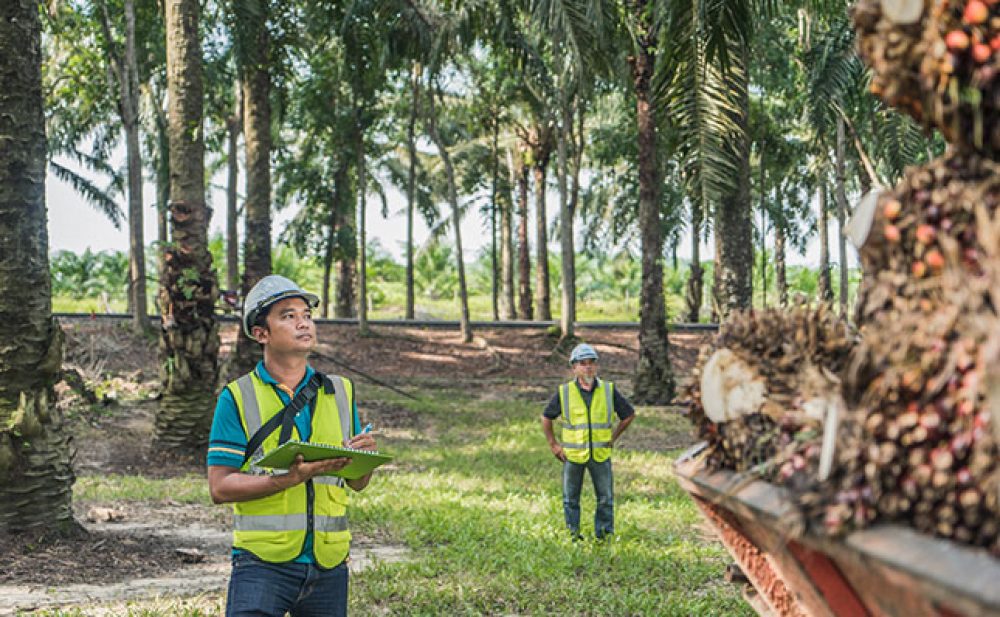At FGV, we believe in the inherent nature of human rights and that respecting human rights is not just the smart thing to do, but more importantly, it is the right thing to do. We commit to upholding internationally-recognised human rights principles and standards in our operations and subsidiaries and we are taking steps towards ensuring that human rights are also respected throughout our supply chain. Acknowledging that human rights and the SDGs are two sides of the same coin, we will not spare any effort in fulfilling our responsibility to respect human rights.
We commit to upholding internationally-recognised human rights principles and standards in our operations and subsidiaries.
Our commitment to human rights is enshrined in our Group Sustainability Policy (GSP) and draws on key human rights instruments including:
Key Human Rights Instruments
Convention on the Elimination of All Forms of Discrimination against Women
Universal Declaration of Human Rights (UDHR)
Applicable United Nations core human rights treaties
International Labour Organization (ILO) Declaration on Fundamental Principles and Rights at Work
United Nations Guiding Principles on Business and Human Rights (UNGPs)
Relevant ILO conventions
Convention on the Rights of the Child
Recognising that all human rights are interdependent, interrelated and indivisible, we embrace the following principles:
Principles

Respecting cultural rights

Exercising non-discrimination and promoting gender equality

Promoting the right to an adequate standard of living through enhancing livelihoods

Complying with labour standards
Eliminating any form of:
- Forced or bonded labour
- Human trafficking and modern slavery
- Child labour
Respecting workers’ right to:
- Freedom of movement
- Join and form associations
- Collective bargaining
- Fair working hours
- Decent living conditions
- Safe working environment

Observing the principle of free, prior and informed consent (PFIC)
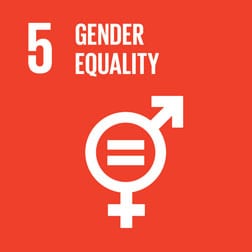
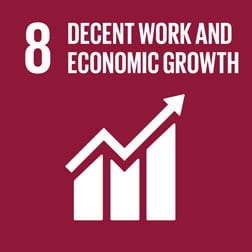
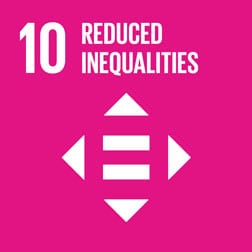
Initiatives
Ethical and responsible recruitment of migrant workers
FGV is participating in a labour supply chain mapping project conducted by the United Nations International Organization for Migration (IOM) and the non-profit organization Earthworm Foundation.
The scope of this project includes reviewing processes and procedures relating to the recruitment of foreign workers, to identify any gaps and propose initial recommendations.. This exercise will help FGV to ensure that such processes and procedures are in line with international standards.
Regularisation of undocumented workers
The situation of undocumented persons in Sabah is highly complex and is a result of a multiplicity of contributing factors. The historical, socio-economic, political, cultural and geographical contexts all add to the intricacies surrounding the issue of undocumented persons in Sabah. The issue of undocumented persons working in plantations in Sabah is not unique to FGV’s case but is an industry-wide concern. In April 2019, the Sabah State Government introduced a programme that would allow undocumented migrant workers in Sabah to apply for regularisation.
In relation to this, and in keeping with our commitment to phase out engaging labour contractors, FGV has invited those undocumented workers from contractors to join our workforce. The application for regularisation is facilitated by FGV and we are also covering the fees involved in the regularisation process. Sabah State Government introduced a programme that would allow undocumented migrant workers in Sabah to apply for regularisation.
In relation to this, and in keeping with our commitment to phase out engaging labour contractors who are being compliance with FGV’s good Labour standards, FGV has invited those undocumented workers from contractors to join our workforce. The application for regularisation is facilitated by FGV and we are also covering the fees involved in the regularisation process
Establishment of Community Learning Centres (CLCs)
In line with Article 26 of the Universal Declaration of Human Rights (UDHR), FGV believes everyone has the right to education including children of plantation workers. In this light, FGV, in partnership with the Government of Indonesia through the Indonesian Consulate in Sabah, has established a total of 9 Community Learning Centres (CLCs) across FGV’s plantations in Sabah. CLCs aim to provide education for children who are not enrolled in formal education. Currently, all 9 CLCs are supported and jointly supervised by FGV and the Government of Indonesia. FGV is currently working with the Indonesian Consulate in Sabah to add four more CLCs in Sabah.
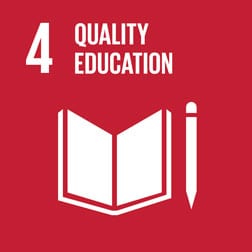
Right to Adequate Housing
FGV places great importance in fulfilling its workers’ right to adequate housing.
In relation to this, FGV has allocated hundreds of millions of Ringgit to construct new houses and refurbish existing ones in line with national standards to ensure that its workers reside in comfortable accommodation.
Establishment of One-Stop Centres for Recruitment
FGV has taken a proactive approach to strengthen its recruitment process for foreign workers by establishing One-Stop Centres. At the One-Stop Centres, workers will undergo orientation programmes, briefings and training.
Currently, FGV has established a One-Stop Centre in Gemencheh, Negeri Sembilan, Lombok, Indonesia and India in Chenai and Kolkata. We are also exploring the possibility of establishing One-Stop Centres in other source countries.
Establishment of Committee on Gender Equality and Women Empowerment
Established in February 2021, FGV’s Committee on Gender Equality and Women Empowerment aims to assist the Group in promoting full respect and support for the rights of women under FGV’s duty of care, comprising employees at all levels including migrant workers and relevant community members. The Committee will focus on ensuring that there is an enabling environment for women to have access to all opportunities on the basis of equality and non-discrimination, in addition to embedding a gender-responsive and gender-mainstreaming approach throughout the Group’s practices. Among the Committee’s primary tasks are to oversee an independent assessment of the situation of gender equality in FGV, establish a competent mechanism to remedy any discriminatory practices and policies, and address systemic issues and trends relating to gender equality and women empowerment.



